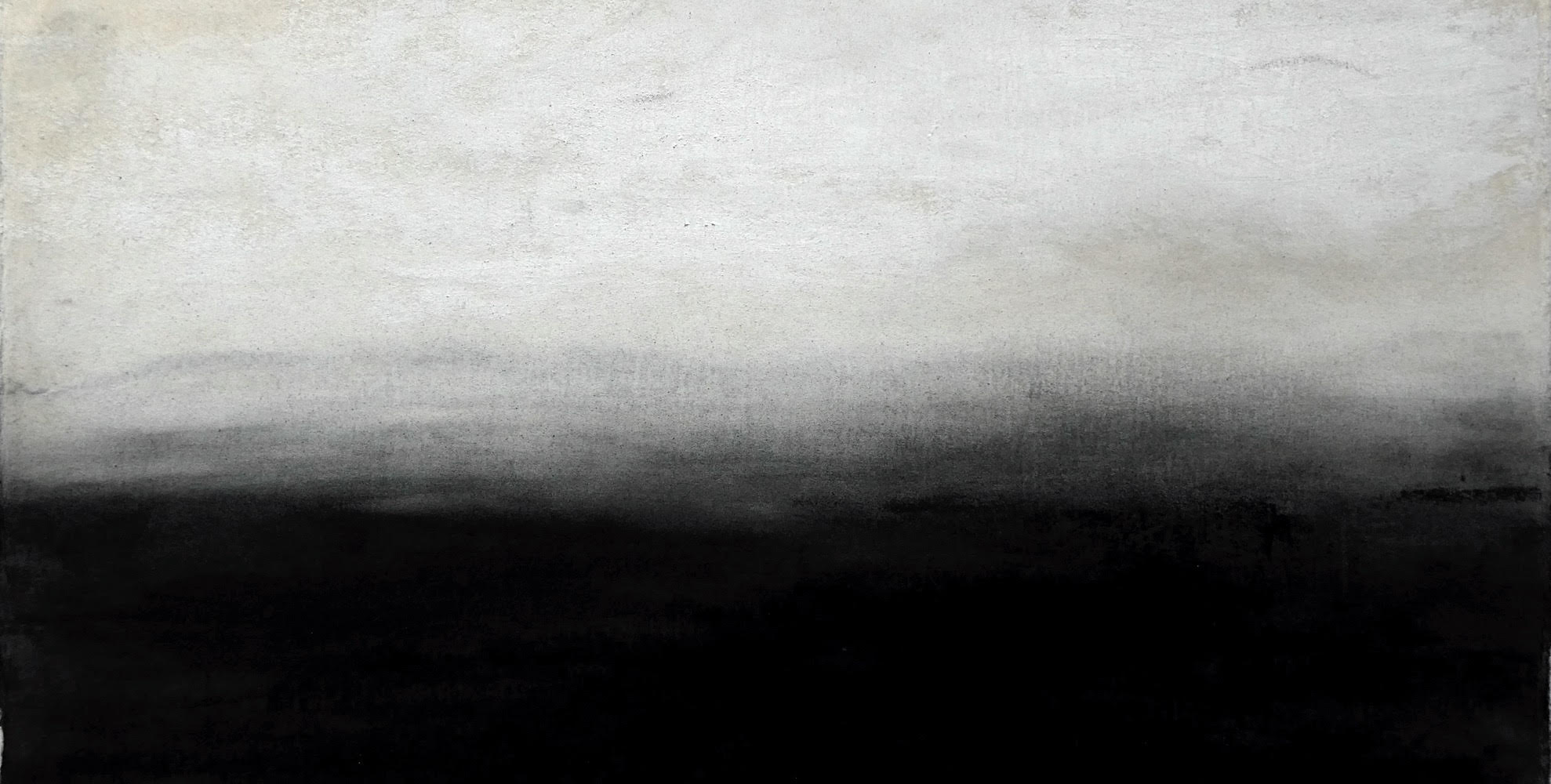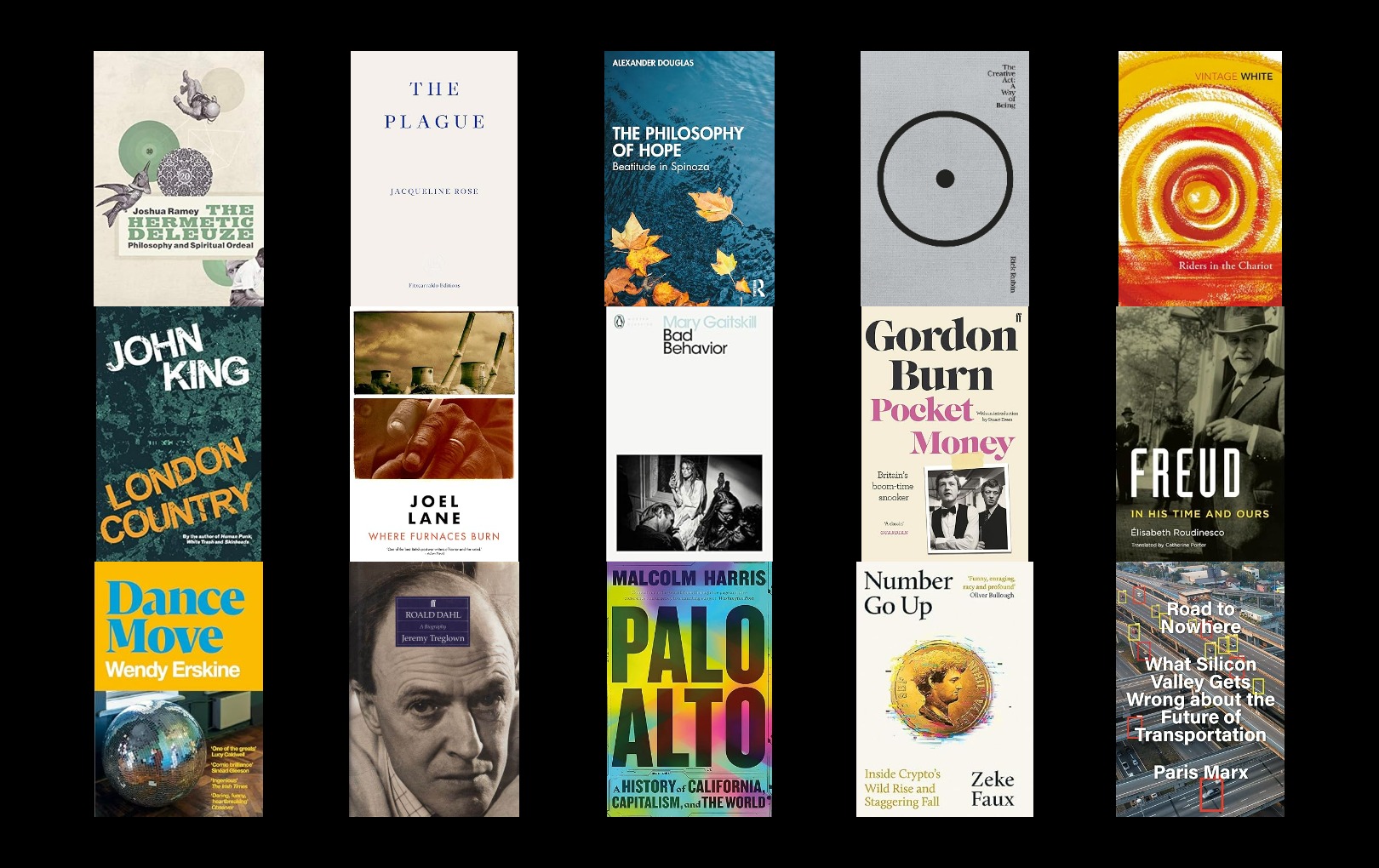
Brad Evans: I Know I Will Never Write a Better Book
If the measure of writing is to get as close as we can to the truth of existence, I know I will never write a
Listen to Jam City’s NTS mix [mixcloud https://www.mixcloud.com/NTSRadio/jam-city-1st-june-2015/ width=660 height=208 hide_cover=1 hide_tracklist=1]
I have zero time for the common refrain of middle-aged music journalists, “why is there no political music nowadays?”. It’s a question that’s lazy at best and disingenuous at worst. But, if I was going to bother to reply to someone asking that this week, I’d just ping them a link to any of Jam City’s recent interviews (if examples from rock were needed, see also Algiers or Perfect Pussy). Here’s a couple of recent excerpts:
From Complex magazine, in April:
Dream A Garden is a statement album, telling stories about emotional fallouts in the neoliberal world, the same world depicted by Classical Curves with its glossy images of luxury possessions. Is Classical Curves, Dream A Garden—but with a certain cynicism?
Yes, absolutely. In the past, I’ve been fascinated and repulsed by the glossy surface of neoliberal capitalism: luxury products, useless electronic. But after a while, you realise that this is only the tip of the iceberg. Dream A Garden is about learning to situate those luxury images within a larger context of violence, exploitation, and depression….
I hate this line of, “No politics on the dancefloor.” Dance music has never NOT been political! It’s always been transgressive, from disco to dub-reggae to grime. It’s only in the last few years that “the underground” has got further and further away from those agendas. We need to ask why this is.
Latham picks up on this theme in a great interview with Dan Hancox for the Guardian:
“To Latham, the inherent politics of dancing, raving, clubbing – whatever you call it – are blindingly obvious. “If you take a long view of history, there’s always been a kind of transgressive politics to dance music – disco, dub, reggae, rave, grime – but it’s funny, someone said to me in an interview the other day, ‘People don’t normally associate club music with politics.’ I was like, ‘Are you kidding me?!’ It’s never not been political! But somehow, in the last five years or something, in correlation to a lot of political things that have been going on, specifically in this country, it has kind of become an island, a little bit.” So you’re not concerned by the cultural gatekeepers who keep saying political music isn’t what it was in the 80s? He laughs. “It’s not! It’s not the 80s! The 80s are done and dusted.”
“People say about this generation that it’s the apathetic generation or whatever, but I think we’re probably more educated about a lot of things than ever, people are plugged in, and they know what’s going on. But the exhaustion is still there. It’s hard to know how to find a language to talk about these things. I don’t understand mainstream party politics, I never have, it doesn’t speak a language to me that I’ve ever felt I could relate to, and I’m sure it’s probably the same for most people.” And yet he has found a language, and as a political lyricist he is refreshingly natural and unconventional, his heavily filtered voice plaintively singing short lines about riots, body image, the sadness and solipsism of consumer culture, “porn and Adderall”, and the yearning to reconnect, and to feel again.
For Latham, hope lies in other people, strangers meeting (or not meeting) in some of the cultural spaces that are themselves falling victim to contemporary capitalism; he cites a spate of club closures in London, the gentrification of others, and also, in light of the cost of tuition fees, “being able to afford to study; and meeting people, and forming a band, or starting a club night. It’s like the internet’s all we have, and none of us really have any money, so of course that’s the way that we organise and seek comfort from other people. But the doors to do that in real life, that historically have made other movements possible, just seem quite closed to our generation. We need those places and spaces where we can celebrate, because it’s a coping mechanism.”
“We have to deal with the complete privatisation of every aspect of our lives, and I just really believe there should be a physical space where we can go for six or seven hours to reorientate ourselves, actually be fucking humans again, and dance, and hear things that make us feel good inside.”
While dance music’s historical role as a site of possibility and transgression is inarguable, there can be an assumption that dance music today, and, by extension, the people involved in it, are inherently left-wing. Which, as anyone saw Boddika’s tweet and the response to it last week will know, is far from the case. He tweeted:
Many industry figures leapt to defend him, to say it must have been taken out of context, that anyone with a jot of sense would know he didn’t really mean it like that. But several also immediately called out his racism, with Jam City (in a now deleted tweet) and Night Slugs boss Bok Bok amongst the most outspoken.
Granted, few currently big electronic artists are quite as outspokenly political as Jam City (at least, ones that get interviewed in the Guardian). And, equally, there are plenty of politically engaged DJs/producers/performers and always have been. It would be OTT to proclaim that Jam City heralds a new era of politically engaged dance music. Dream A Garden probably won’t end up as the soundtrack to a summer of riots, 2015. But it feels like there may be a slight shift towards a somewhat more politically engaged, diverse electronic music scene, and Jam City’s recent output is an encouraging sign.
Jam City plays the ICA tonight, 5th June.

If the measure of writing is to get as close as we can to the truth of existence, I know I will never write a

To accompany his latest piece with Tariq Goddard in The Quietus on True Detective Season 4 and the legacy of In The Dust of This Planet, Eugene

As another turbulent year draws to a close, the Repeater team put forward their favourite reads for the festive season. Publisher, Editor, and Author Tariq

If the measure of writing is to get as close as we can to the truth of existence, I know I will never write a

To accompany his latest piece with Tariq Goddard in The Quietus on True Detective Season 4 and the legacy of In The Dust of This Planet, Eugene

As another turbulent year draws to a close, the Repeater team put forward their favourite reads for the festive season. Publisher, Editor, and Author Tariq
